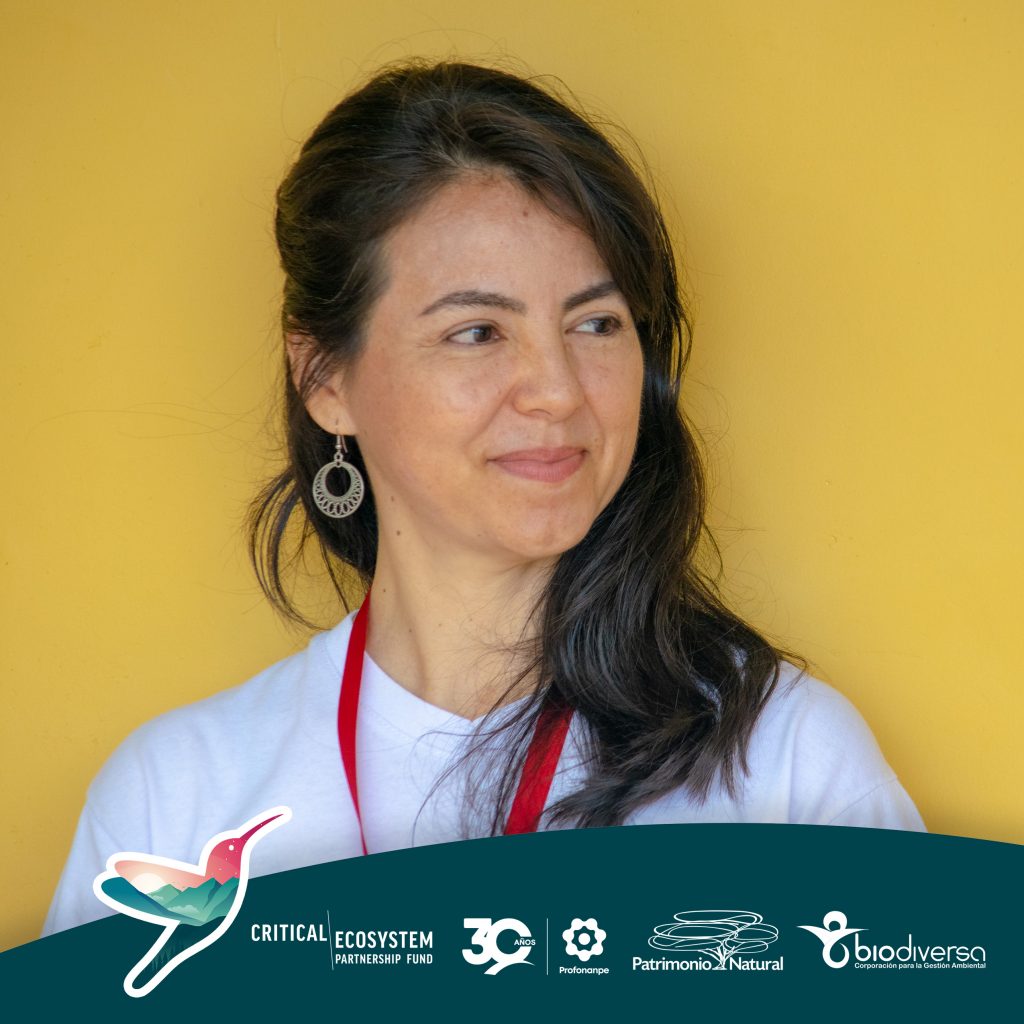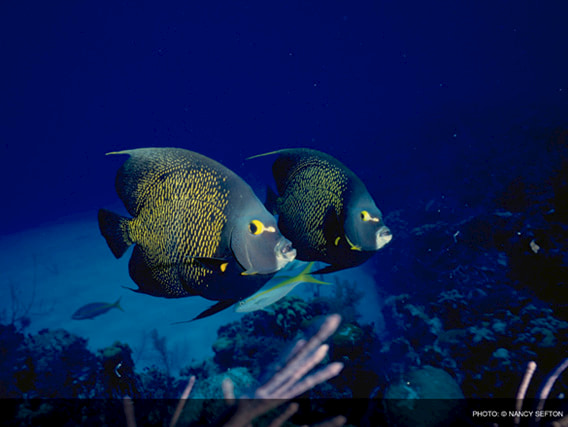Los días 3 y 4 de mayo, la ciudad de Cali se convirtió en el epicentro de una sinergia sin precedentes entre organizaciones públicas y privadas dedicadas a la conservación de la biodiversidad y los servicios ecosistémicos en Áreas Claves de Biodiversidad (KBA) priorizadas por el Fondo de Alianzas para los Ecosistemas Críticos (CEPF) en Colombia, específicamente en el Hotspot Andes Tropicales.
El evento, organizado por el Fondo Patrimonio Natural con el apoyo de la Corporación Biodiversa, y financiado por el CEPF, , reunió a diversos actores comprometidos con la conservación sostenible de los recursos naturales de esta importante región
El CEPF es una iniciativa conjunta de la Agencia Francesa de Desarrollo, Conservación Internacional, la Unión Europea, el Fondo para el Medio Ambiente Mundial, el Gobierno de Japón y el Banco Mundial que busca apoyar a la sociedad civil a conservar la biodiversidad.
El Fondo Patrimonio Natural es el Equipo Regional de Implementación (RIT por sus siglas en inglés) para Colombia de este proyecto. El cual cuenta con un RIT en la coordinación regional y en Perú (Profonanpe), un RIT en Bolivia (ACEAA -Asociación Boliviana para la Investigación y Conservación de Ecosistemas Andino-Amazónicos) y un RIT en Ecuador (FFLA- Fundación Futuro Latinoamericano).
La coordinadora del proyecto CEPF en el Fondo Patrimonio Natural, Martha Silva, tuvo la oportunidad de conceder una entrevista, donde compartió las principales conclusiones de este enriquecedor evento. En dicha entrevista, destacó la importancia de la colaboración y el trabajo conjunto para enfrentar los desafíos ambientales en el Hotspot Andes Tropicales.
Durante los dos días del encuentro, se llevó a cabo una reunión nacional de socios del CEPF y aliados en Colombia, que congregó a organizaciones de la sociedad civil, así como a instituciones públicas y privadas comprometidas con la conservación de los recursos naturales en esta región de gran relevancia para la biodiversidad.
El objetivo principal de esta jornada fue identificar temas en común que permitan la articulación de actividades y la unión de recursos entre las organizaciones socias del CEPF, las autoridades ambientales y las entidades aliadas. De esta forma, se busca potenciar la sostenibilidad del trabajo por la conservación de uno de los ecosistemas más ricos y amenazados del mundo.
Durante las mesas de trabajo, se abordaron diversos temas cruciales, como la mitigación del cambio climático, la restauración y los pagos por servicios ambientales, los negocios verdes, los planes de acción y el monitoreo de especies amenazadas, creación de áreas protegidas e implementación de planes de manejo, la gobernanza y las políticas públicas. Estas discusiones permitieron generar propuestas y soluciones conjuntas para enfrentar los retos ambientales en la región. También se visitió el KBA Bosque de San Antonio/Km 18, en el cual los asistentes pudieron ver la experiencia de sinergias entre diferentes actores en 3 predios con diferentes emprendimientos verdes.
La exitosa realización de este encuentro demuestra el compromiso y la voluntad de actores tanto públicos como privados de unir esfuerzos para proteger y conservar la biodiversidad en el Hotspot Andes Tropicales. La colaboración y la cooperación entre todas las partes interesadas son fundamentales para lograr resultados significativos en términos de conservación y sostenibilidad.
Martha Silva, , destacó la importancia de este encuentro y subrayó la necesidad de trabajar en conjunto para abordar los desafíos ambientales en la región. En su entrevista, resaltó la importancia de la identificación de temas en común y la articulación de actividades entre las organizaciones socias del CEPF, las autoridades ambientales, gobierno y las entidades aliadas. Solo a través de la colaboración y la unión de recursos se puede garantizar la sostenibilidad y el impacto positivo en la conservación de los ecosistemas.
El Hotspot Andes Tropicales es reconocido a nivel mundial por su increíble biodiversidad, pero también se enfrenta a una serie de amenazas, como la deforestación, la fragmentación del hábitat y el cambio climático. Es fundamental tomar medidas urgentes para proteger y preservar este valioso patrimonio natural.
El CEPF, a través del financiamiento proporcionado por sus aliados internacionales, ha desempeñado un papel clave en el impulso de proyectos y acciones de conservación en la región. La cooperación entre organizaciones públicas y privadas es esencial para aprovechar los recursos disponibles y maximizar el impacto de las iniciativas de conservación.
Este encuentro en Cali ha sido un hito importante en el camino hacia la conservación sostenible en el Hotspot Andes Tropicales. A medida que las organizaciones y los actores involucrados continúan trabajando juntos, se espera que se generen nuevas ideas y se implementen acciones efectivas para proteger la biodiversidad y los servicios ecosistémicos de esta región única.
El compromiso de las organizaciones participantes, el apoyo de los aliados del CEPF y la voluntad de colaboración demuestran que es posible lograr un cambio positivo en la conservación de nuestros recursos naturales. La protección de la biodiversidad y los servicios ecosistémicos no solo es responsabilidad de unos pocos, sino de todos. Juntos, podemos marcar la diferencia y garantizar un futuro sostenible para las generaciones venideras.
Nombre: Angélica Calixto Galván
Cargo: Profesional de comunicaciones Fondo Patrimonio Natural
Teléfono: 319 218 4113
Correo electrónico: acalixto@patrimonionatural.org.co
***Sobre el Fondo Patrimonio Natural: El Fondo Patrimonio Natural es una organización comprometida con la conservación y el uso sostenible de la biodiversidad en Colombia. Su objetivo es promover la protección de los ecosistemas y la diversidad biológica a través de la generación de recursos financieros y técnicos, así como la promoción de la cooperación y la colaboración entre diferentes actores. Para obtener más información, visite: https://www.patrimonionatural.org.co/ ***








